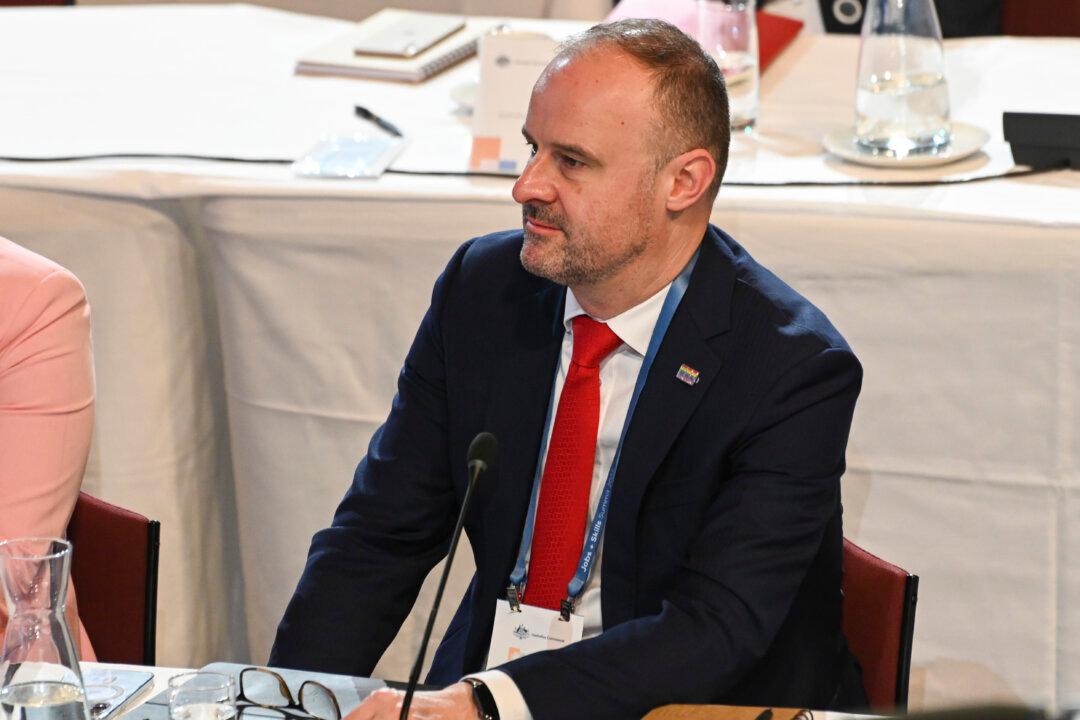With only eight days left until the Australian Capital Territory (ACT) elections, Chief Minister Andrew Barr and Liberal leader Elizabeth Lee squared off in a debate at the National Press Club in Canberra.
It was marked by sharp exchanges between the two major parties, as independent candidates also vie for attention to present voters with an alternative choice on the future of the nation’s capital region.





